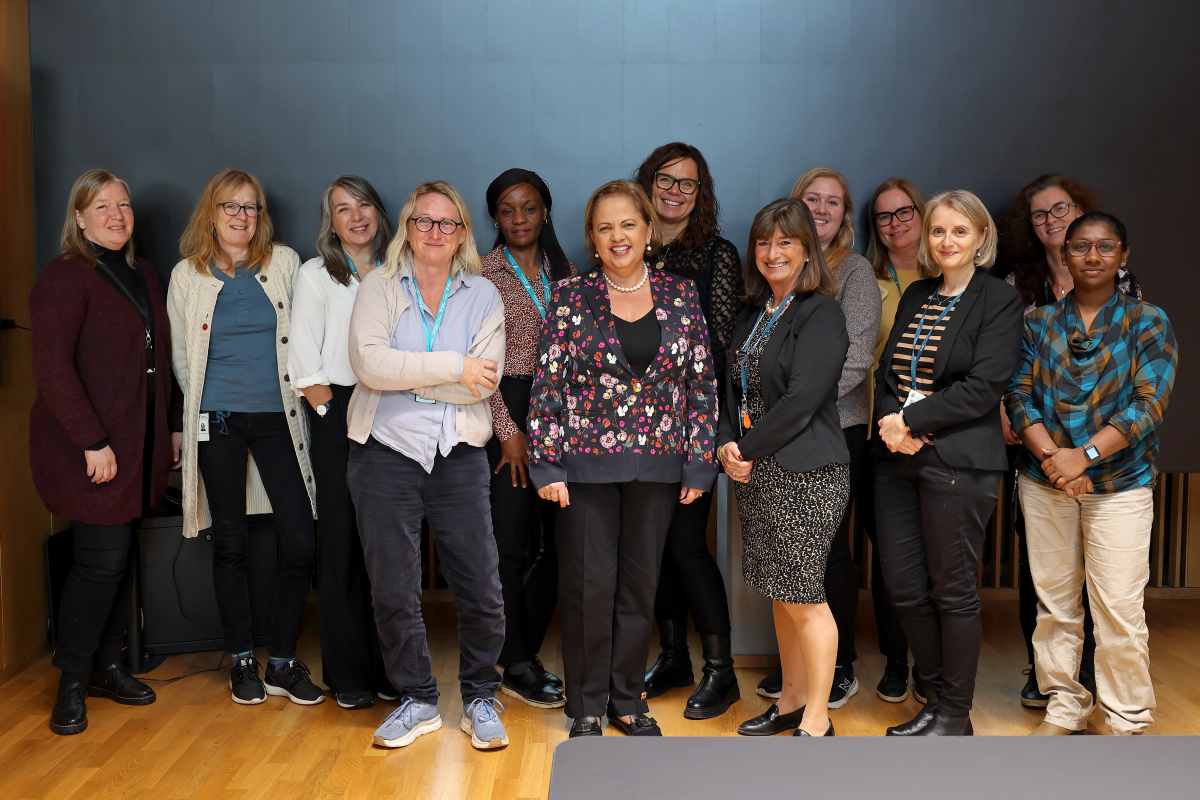Cochrane Norway is a part of Cochrane. The Norwegian branch is based at the Western Norway University of Applied Sciences.
Cochrane is an international, non-profit, and independent organization. The organization was founded in 1993 and is named after the British epidemiologist Archie Cochrane. Cochrane creates and disseminates evidence synthesis and methods related to health and well-being topics. Its aim is to develop reliable and up-to-date research that addresses important questions for healthcare and welfare practice and make this summarized research accessible worldwide.
Cochrane's activities are overseen by an elected Governing Board and are supported by staff in various units within the organization, including Geographic Groups, Thematic Groups, Review Groups, Fields and Networks, and Methods Groups, spread across the globe. Cochrane members and supporters come from over 190 countries worldwide, comprising researchers, healthcare professionals, service users, and caregivers. Our global independent network gathers and summarises the best research to help individuals make informed choices about treatment, and we have been doing this for 30 years. Cochrane's most significant product is "The Cochrane Database of Systematic Reviews," which is published as part of the Cochrane Library.

Karla Soares-Weiser, Cochrane’s Editor in Chief, visiting Western Norway University of Applied Sciences.
Photo: Mauricio Esteban Pavez Ramirez, Western Norway University of Applied Sciences
Promoting the use of Cochrane Reviews
As a Cochrane unit, we provide training and support to review authors in Norway and promote awareness and usage of Cochrane reviews. Additionally, we actively engage in various activities to enhance the quality, accessibility, and utilisation of Cochrane reviews. We have a particular interest in:
• Developing methods to create even better Cochrane reviews, including systematic reviews of qualitative research.
• Making evidence synthesis and evidence-based methods accessible and relevant for health and welfare services.
• Creating summaries of select reviews from the Cochrane Library as news articles or "Plain Language Summaries."
• Actively contributing to the Scandinavian GRADE Network (grading quality of evidence and strength of recommendations) Working Group, including GRADE-CERQual.
• Collaborating with the World Health Organization (WHO) to increase the use of systematic reviews in WHO's recommendations.
• Supporting users of the Cochrane Library.
